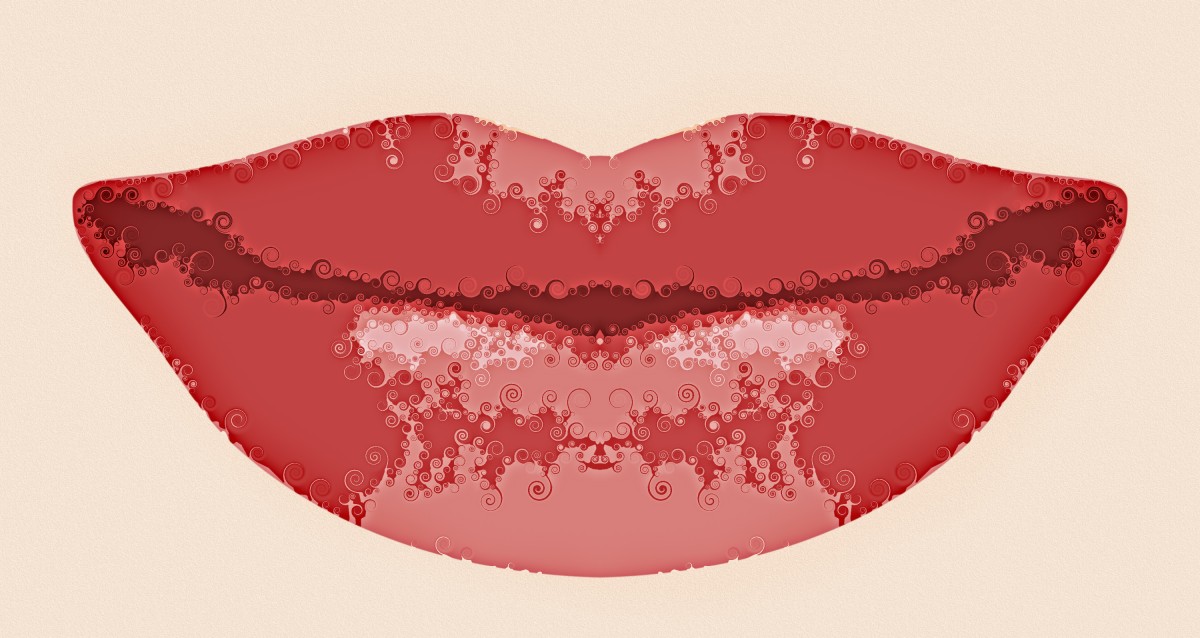
When the calendar clicks over to September, the time has come to start accepting that summer is nearly over. While I will miss the long days and the hours outside in beautiful sun, what I won’t miss is how those can combine into scary opportunities for melanoma (skin cancer) to strike.* Though I’m diligent with the SPF, there’s always a tiny “what-if” in the back of my mind…
That “what-if” is calmed somewhat by fascinating news from the University of Waterloo and the Sunnybrook Research Institute, who have combine forces to develop an AI that can help doctors identify melanoma sooner. Melanoma is very curable in the early stages, but can become quite dangerous if it’s allowed to become entrenched. (Please, talk to your doctor if you have a mole or an odd-looking patch on your skin you’re unsure about!).
This new AI has learned from tens of thousands of images of skin lesions and their underlying biological data, so it can reliably identify which are harmless and which worthy of a biopsy. This saves a great deal of health care costs, both in doctors’ hours and in surgical resources, and helps patients who don’t need a biopsy avoid the discomfort of one.
“Currently, dermatologists largely rely on subjective visual examinations of skin lesions such as moles to decide if patients should undergo biopsies to diagnose the disease.
The new system deciphers levels of biomarker substances in lesions, adding consistent, quantitative information to assessments currently based on appearance alone. In particular, changes in the concentration and distribution of eumelanin, a chemical that gives skin its colour, and hemoglobin, a protein in red blood cells, are strong indicators of melanoma.”
The ultimate goal of this technology is to help reduce the time spent diagnosing cases – during which a lesion can rapidly transition from worrisome to a major problem. The team is happy to report that their AI could be available for doctors to use next year: hopefully well before the sunburn-happy prime summer months!
* The Canadian Dermatology Association recommends sunscreen use during the winters in Canada as well, especially if you engage in snow sports, where the sun’s rays can reflect off the snow.